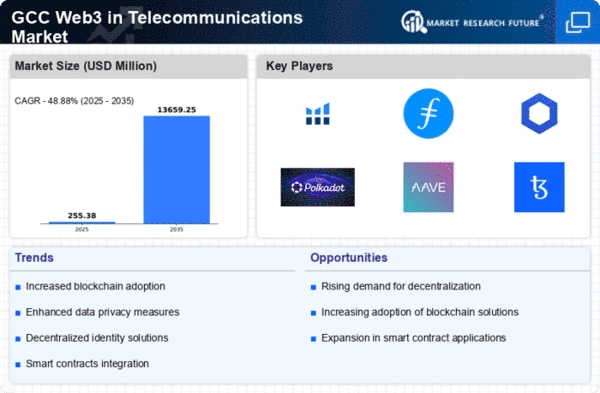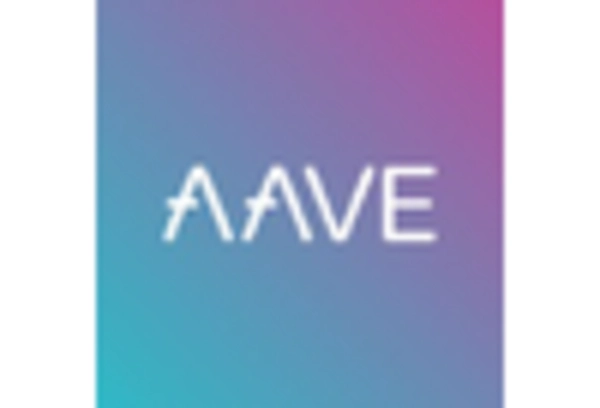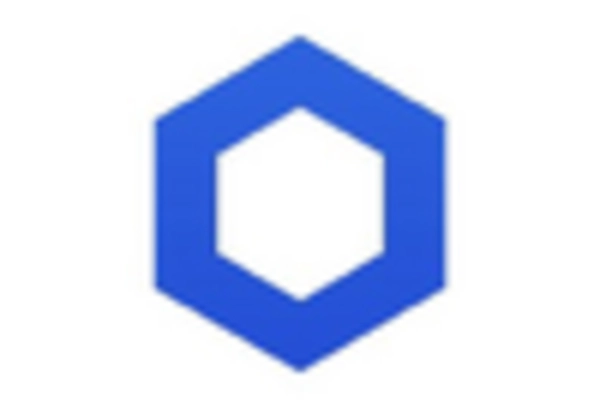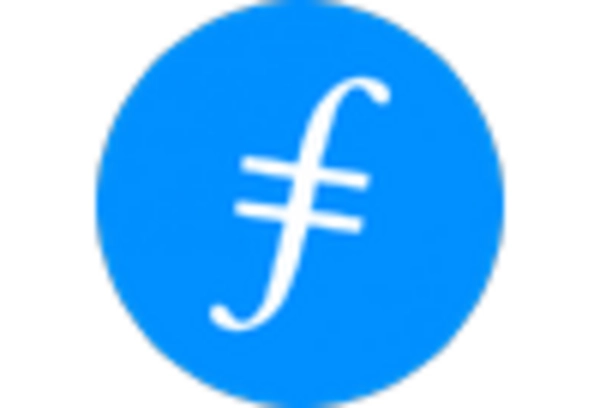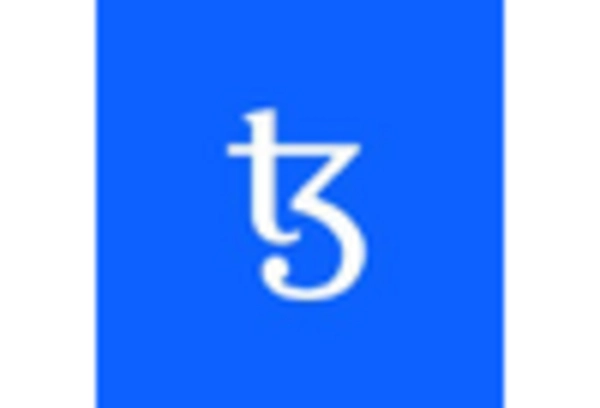Rise of Edge Computing Solutions
The integration of edge computing solutions is emerging as a significant driver in the web3 in-telecommunications market. By processing data closer to the source, edge computing enhances the performance and efficiency of telecommunications networks. This is particularly relevant in the GCC, where the demand for low-latency applications is on the rise. According to industry estimates, the edge computing market in the region is projected to grow at a CAGR of 25% through 2027. This growth indicates that telecommunications providers are likely to leverage web3 technologies to optimize their networks and deliver superior services to customers.
Growing Investment in Web3 Startups
Investment in web3 startups is becoming a prominent driver in the web3 in-telecommunications market. Venture capital firms and private investors are increasingly recognizing the potential of web3 technologies to transform telecommunications. In the GCC, funding for web3 startups has surged, with investments exceeding $500 million in 2025 alone. This influx of capital is likely to accelerate innovation and the development of new solutions tailored to the telecommunications sector. As a result, established telecommunications companies may seek to collaborate with these startups to leverage cutting-edge technologies and enhance their service offerings.
Increased Demand for Decentralized Services
The web3 in-telecommunications market is experiencing a notable surge in demand for decentralized services across the GCC region. This shift is largely driven by consumers' growing awareness of data privacy and security concerns. As individuals and businesses seek to regain control over their data, decentralized solutions are becoming increasingly attractive. Reports indicate that the adoption of decentralized applications (dApps) in telecommunications could reach a market value of approximately $1.5 billion by 2026 in the GCC. This trend suggests that telecommunications providers must adapt their offerings to include web3 technologies to remain competitive and meet evolving consumer expectations.
Regulatory Support for Blockchain Innovations
Regulatory frameworks in the GCC are evolving to support blockchain innovations, which is a crucial driver for the web3 in-telecommunications market. Governments in the region are recognizing the potential of blockchain technology to enhance transparency and efficiency in telecommunications. For instance, initiatives such as the Dubai Blockchain Strategy aim to make Dubai the first city fully powered by blockchain by 2025. This regulatory support is likely to foster an environment conducive to the growth of web3 solutions, encouraging telecommunications companies to invest in blockchain-based applications and services.
Emergence of Decentralized Finance (DeFi) Applications
The rise of decentralized finance (DeFi) applications is significantly influencing the web3 in-telecommunications market. As DeFi continues to gain traction, telecommunications companies are exploring partnerships with blockchain platforms to offer innovative financial services. This trend is particularly pronounced in the GCC, where the fintech sector is rapidly evolving. Reports suggest that the GCC fintech market could reach a valuation of $2 billion by 2025. Consequently, telecommunications providers may need to integrate DeFi solutions into their service offerings to capture new revenue streams and enhance customer engagement.


